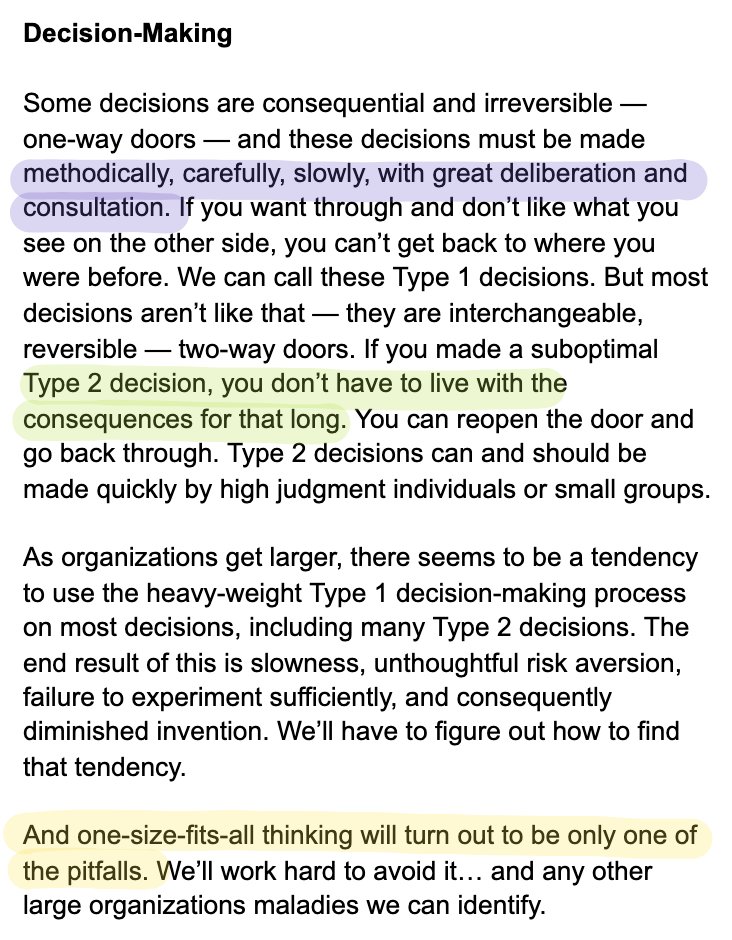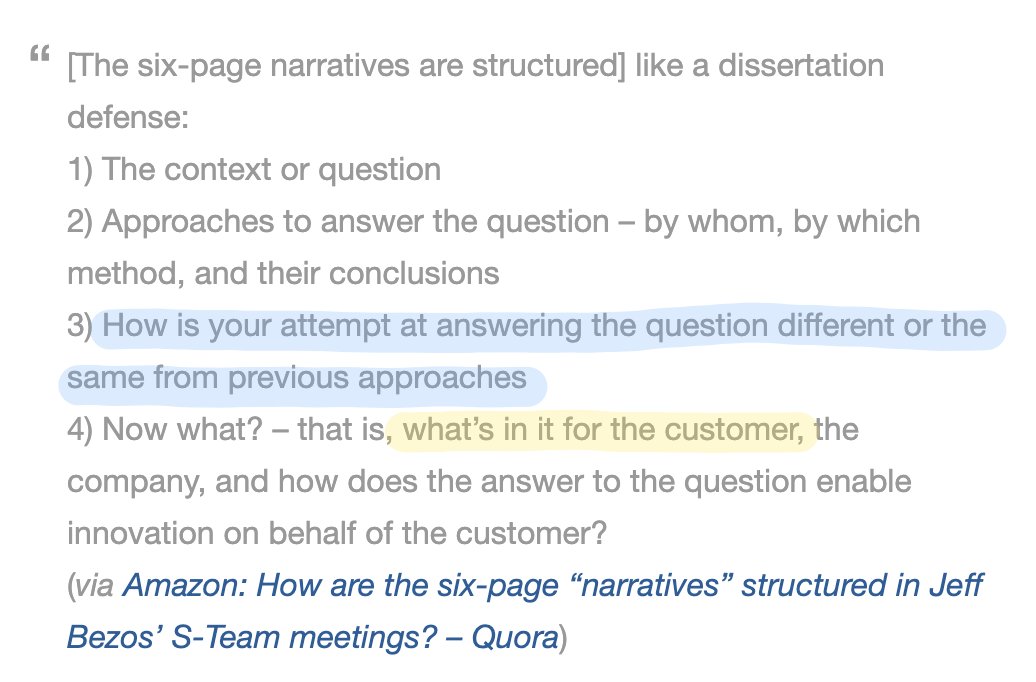
Elon Musk builds products that customers rave about, controls his distribution instead of relying on PR agencies and the mainstream media, and teams up with Internet-first creators to spread his message.
His reach is unprecedented, but his tactics are worth copying.
His reach is unprecedented, but his tactics are worth copying.
Elon has a bigger megaphone than most of the media companies who could interview him. He knows how to team up with people like Joe Rogan and MKBHD, who would rather learn from him than spite him.
https://twitter.com/amasad/status/1361014675207426048?s=20
The next Tesla may even hire creators to evangelize the company or at least, serve as a paid marketing channel.
Creators are essentially media companies now, which means that the creators of tomorrow will operate a lot like the New York based publications of yesteryear.
Creators are essentially media companies now, which means that the creators of tomorrow will operate a lot like the New York based publications of yesteryear.
https://twitter.com/david_perell/status/1359727359881056256
We’re already seeing the rise of people who are simultaneously: (1) creators, (2) entrepreneurs, and (3) investors.
It’s all part of the same “people as media companies” wave, where the means of creation and distribution are in everybody’s pocket. The monopoly on reach is gone.
It’s all part of the same “people as media companies” wave, where the means of creation and distribution are in everybody’s pocket. The monopoly on reach is gone.
This is what I mean when I say that the means of creation have been distributed. 5 years ago, you needed a professional team and a four-figure budget to achieve what a hustling college kid with a selfie ring and a smartphone camera can do now.
https://twitter.com/ThatDudeMCFLY/status/1361314515716030465
• • •
Missing some Tweet in this thread? You can try to
force a refresh







